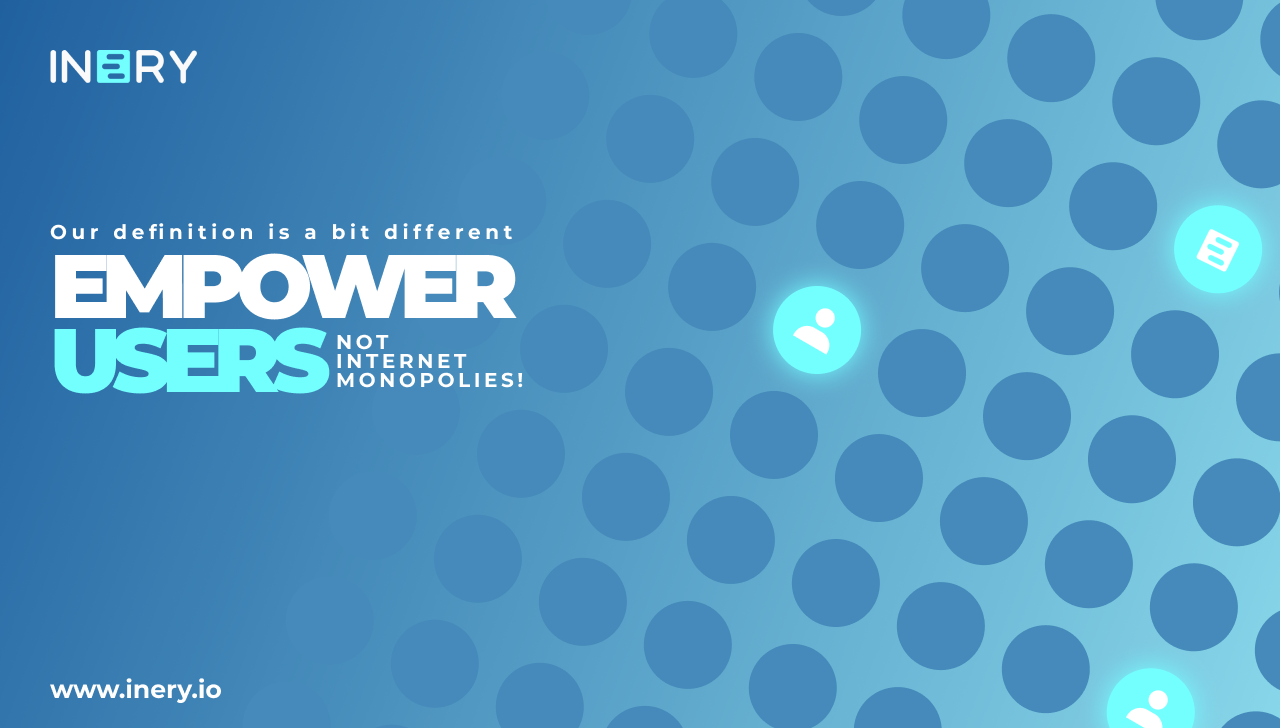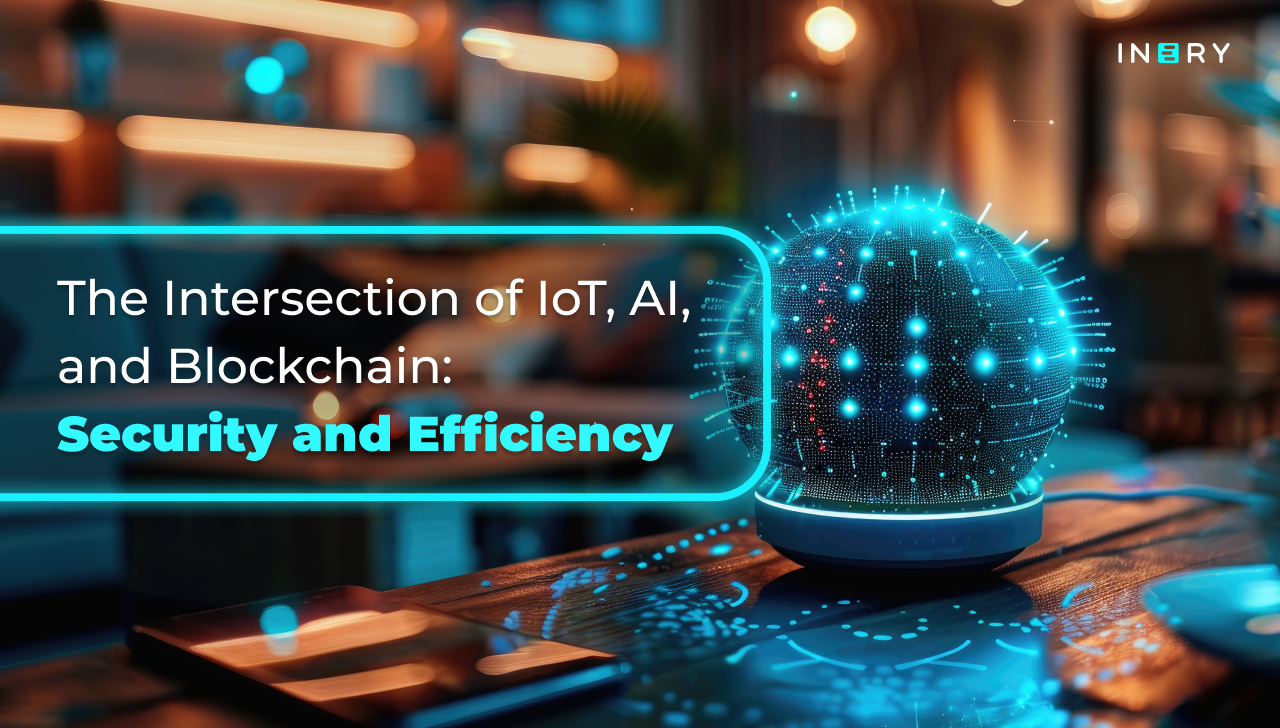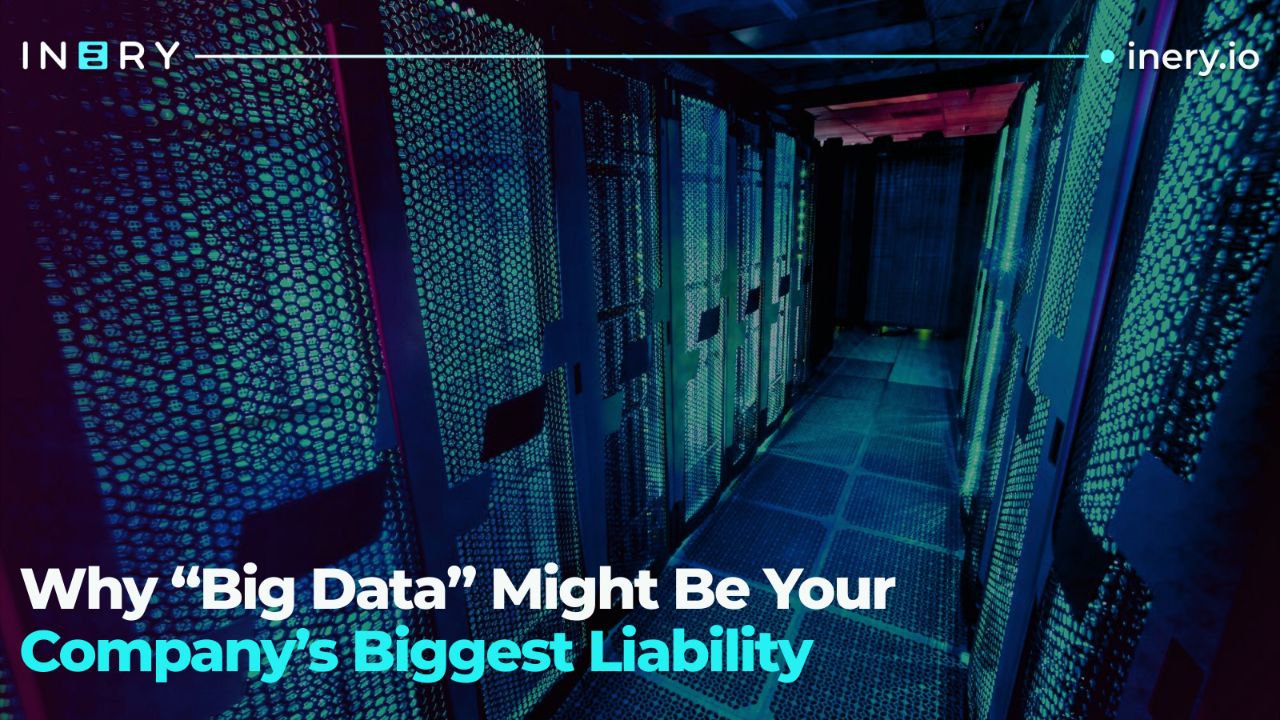Can we imagine our world without the internet? Each activity of our lives is so firmly integrated with the internet that it is impossible to imagine how we would ever function without it. However, while it completely changed the way we live, work and communicate, it has also left a bad aftertaste of poor security, centralized processes and unsatisfied users/consumers.
It’s time for a change, both for users and for companies. In this iteration of the internet known as the web2, tech monopolies and centralized organizations are empowered. It’s time to empower the users.
Let’s look at the history of the internet
We are currently in the second iteration also known as the web2. The first version of the internet — web1, represented a static internet with informational web pages. Information can be stored and accessed on the web pages. So a small number of people were creating the information and a vast majority was reading or accessing it. However, that was the extent of internet’s ability.
Then came web2 — a more interactive version of the internet. The web2 version made it possible for you to post your picture on Facebook, share your reels on Instagram, and tweet on Twitter. The “read write web” allowed anyone to publish content online. However, this innovation took away freedom from users.
Do you own your content?
Yes it is true that you can share your content, post your own blog or express your views through a tweet. But, do you own your blog? Or do you own your tweet? You may wonder why is that important?
Why is it important to own the data that you produce.
What if we tell you that the companies that own your content are making money by selling your blogs or tweets or posts? What if we tell you that your data is used in a variety of ways without any acknowledgement or even your permission.
When you own your data, you decide what to do with it. You have the power and freedom to decide how you want to sell your data and who you want to sell it to or even if you want to sell it.
But, in web2 we, users, do not have the rights to our data. The tech monopolies or centralized organizations are in charge of our data and are even capitalizing from our information.
Today’s internet is largely owned by few entities
In this centralized version of the web, the internet is controlled by a few entities and tech monopolies. What was supposed to be open, collaborative and free has now become a ground for data collection.
Moreover, these narratives of Facebook collecting our personal information and Google knowing more about us than ourselves have become a constant noise in the background. Even the father of the internet, Tim Berners-Lee acknowledges that “the internet is broken” and it is time for a change.
“For a long time, 20 years, I thought all I had to do was keep it, just keep it free and open and people will do wonderful things. Then in fact if you look and talk to people on the street now there’s been a big change. I think this has been a tipping point”.
Even his strategy involves “data sovereignty” — giving back the control of data to users. Taking back the control of users’ data from tech monopolies and instead empowering users.
The data harvestation by these monopolies has also impaired users’ data privacy and security along with the user’s ability to do anything about it. Unfortunately this is the way our current web is working, but it cannot be the case much longer.
A decentralized beginning
Web3 opens up a more creative, collaborative and user-centric infrastructure for the internet. While several elements of the interactive web remain the same, it facilitates a decentralized infrastructure that empowers users by giving them the control over their data.
And this is what Inery is focussed on. Inery sets the base for web2 companies to transform into web3 and enable value creation by empowering users to control their information. It brings this new paradigm shift with its layer 0 blockchain solution and decentralized database management solution.
The layer-1 blockchain enables a decentralized infrastructure which shifts the control of user’s data from centralized monopolies to back in the hands of the user. It spreads the value of the data economy back to the people who created it.
On the other hand, its decentralized database management solution called IneryDB is the first-ever solution that caters to database management using blockchain functionalities. With IneryDB, instead of the data being stored and maintained by monopolies, it is maintained by a network of computers around the world and secured using cryptography. Only you have the key to access your content. The technological revolution will infact shift the power dynamics back to a creator-driven economy.
About Inery
Inery is the first-ever decentralized database management and blockchain solution with the vision to enable a new paradigm for data. The platform activates an upgradeable way of accessing data by combining blockchain technology functionalities such as immutability, security and user-controlled data assets with distributed database management properties such as low latency and complex queries. Its layer-1 blockchain enables cross-chain interoperability, scalability and an environmentally sustainable network to support the deployment of decentralized applications.
Website | Twitter | Telegram | Telegram Ann | LinkedIn | Discord | Reddit | Instagram

Inery•
2 years ago
IneryDB 101 - Everything I Need To Know
Whether you're a beginner or tech enthusiast, IneryDB awaits—unlock its full potential and stay informed about upcoming features for a seamless experience! ...READ MORE
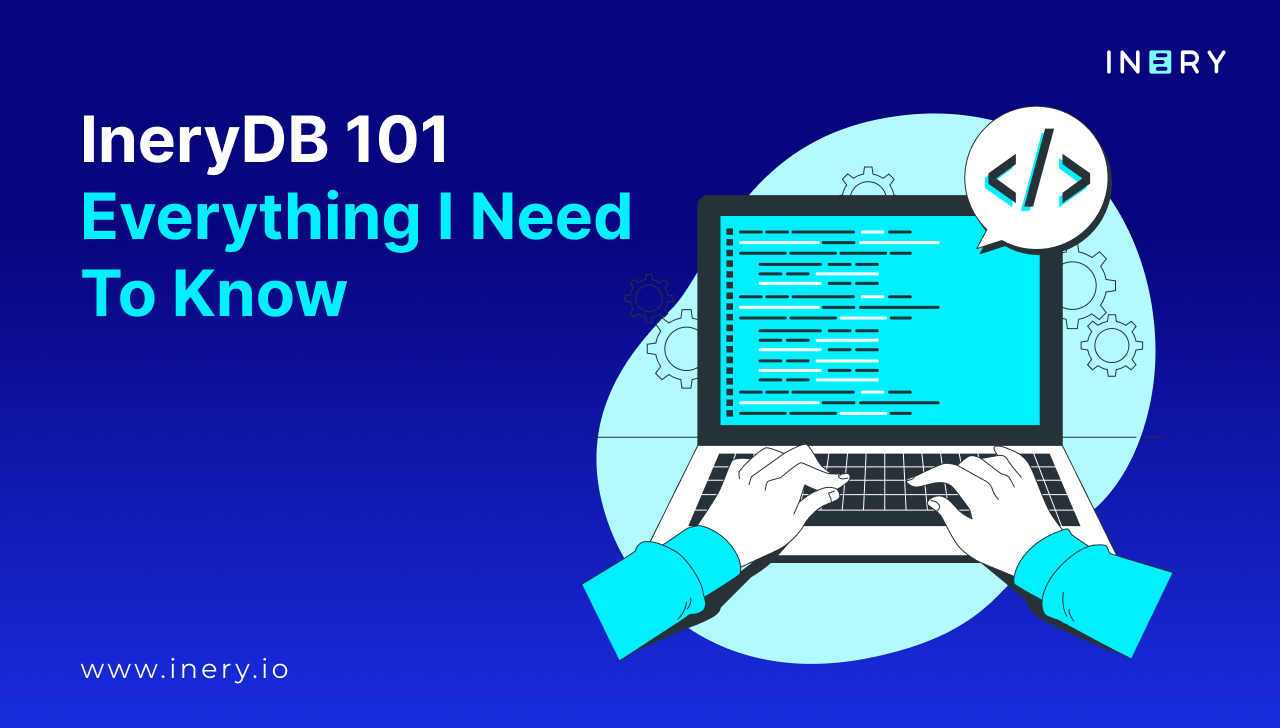
Share

Inery•
1 year ago
Why Every App Needs Smart Data Structuring
Find out how Inery's data management system enhances security, performance, and user control for applications. ...READ MORE
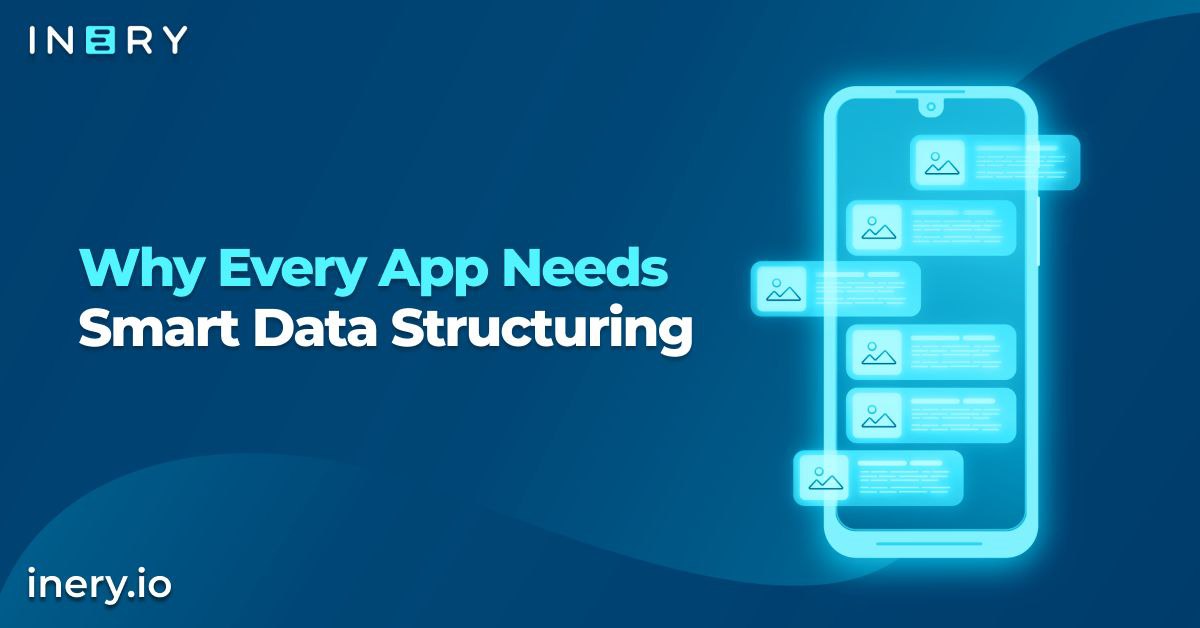
Share

Inery•
2 years ago
How to Prevent SQL Injection Attacks
Fending off SQL injection attacks may feel like fighting smoke, but it can be done. Learn how to prevent SQL injection attacks here. ...READ MORE
-1694034161.png)
Share

Inery•
3 years ago
Decentralized Database Management: A Boost For Enterprise Privacy And Security
The first-ever database management solution that decentralizes data storage and management from the base layer. ...READ MORE
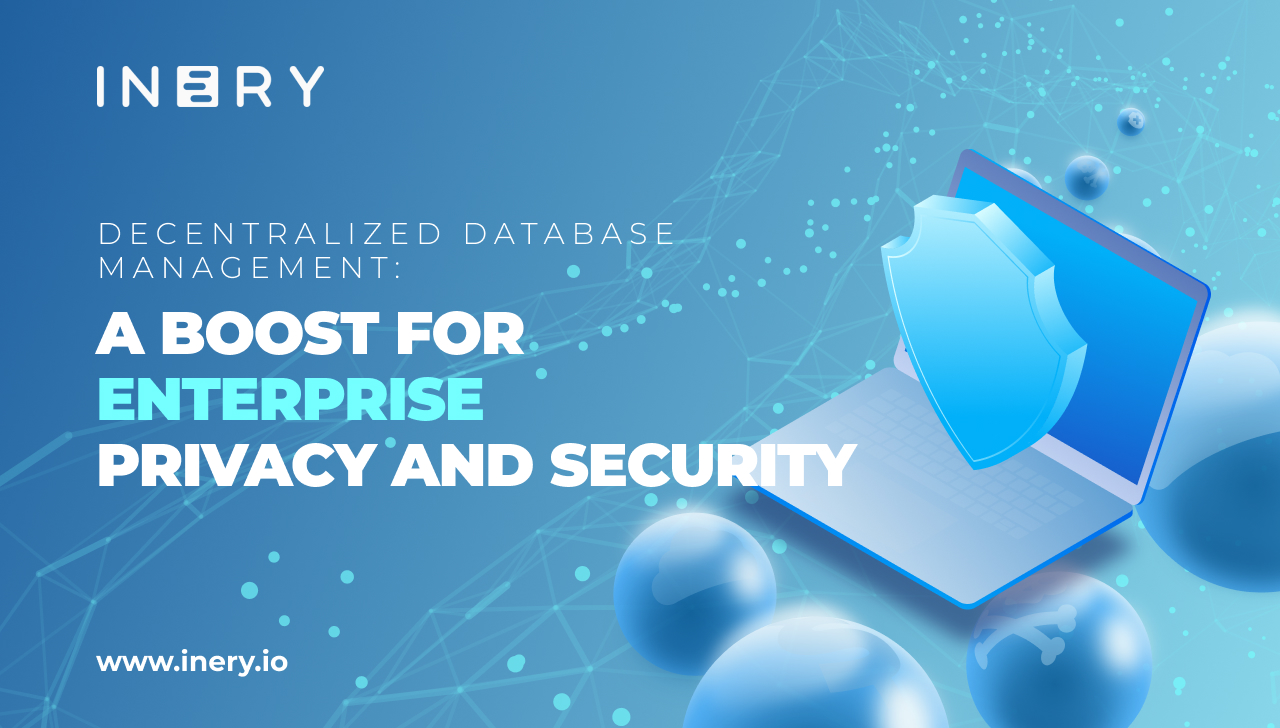
Share
Most popular today

